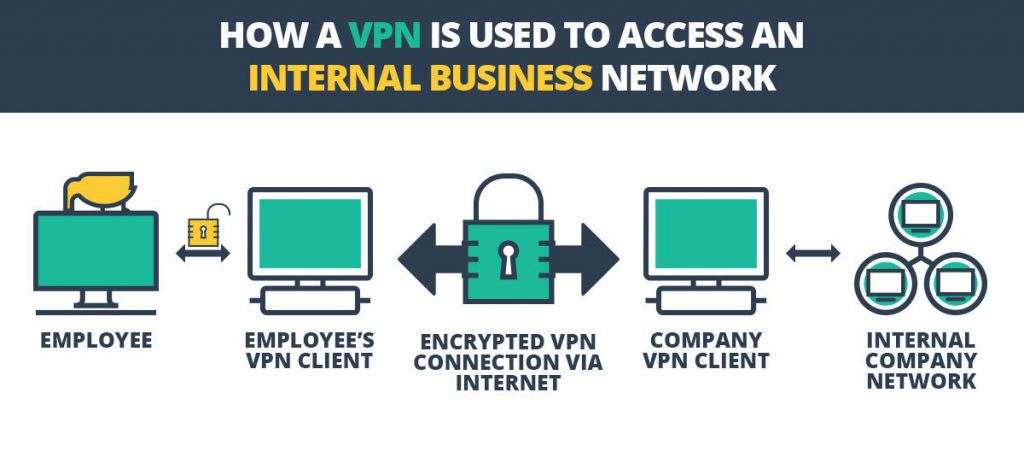The world has experienced vast changes in technology in the last couple of decades. Industry-wise many companies have their links and connections spread throughout the country or even across the globe. But, all these organizations expect one major thing in common, A secured high speed network to communicate between their office-branches and remote employees.
The demand to connect to internal networks from a distance location has rapidly increased. The need to access and share information using a wide range of connecting technologies, increases the risk of the transmitted content being compromised or misused. Therefore, security becomes a major concern when users constantly access their internal networks from vulnerable external networks. A VPN (Virtual Private Network) can simply be defined as a service used to protect our online data from hackers or government surveillance and to unblock geographically restricted or censored online content by encrypting the online traffic and hiding the real IP address.

VPN allows organizations to transmit sensitive information over the internet preventing attackers from accessing or altering the transmitted content. The information carried over a secure VPN is strongly encrypted, and the usage logs cannot be read by anyone. Moreover, trusted VPN providers do not keep copies of their user’s online traffics or logs. In that way, when the government demands for someone’s online traffic logs from these providers, they cannot provide it because it doesn’t exist. Further, VPNs are not very expensive and offers low cost secure access to private networks. The alternative to VPN technology is a high speed leased line or a remote access network, but these methods are very expensive and difficult to administrate.
